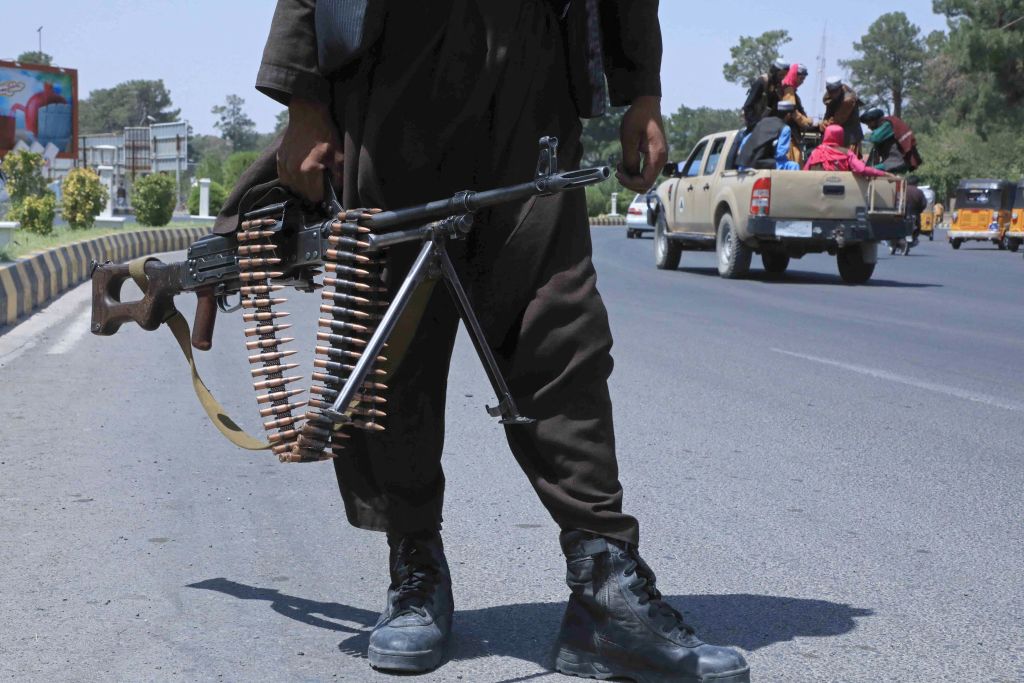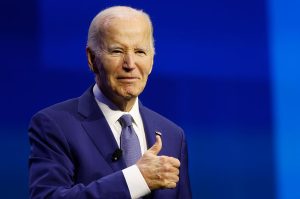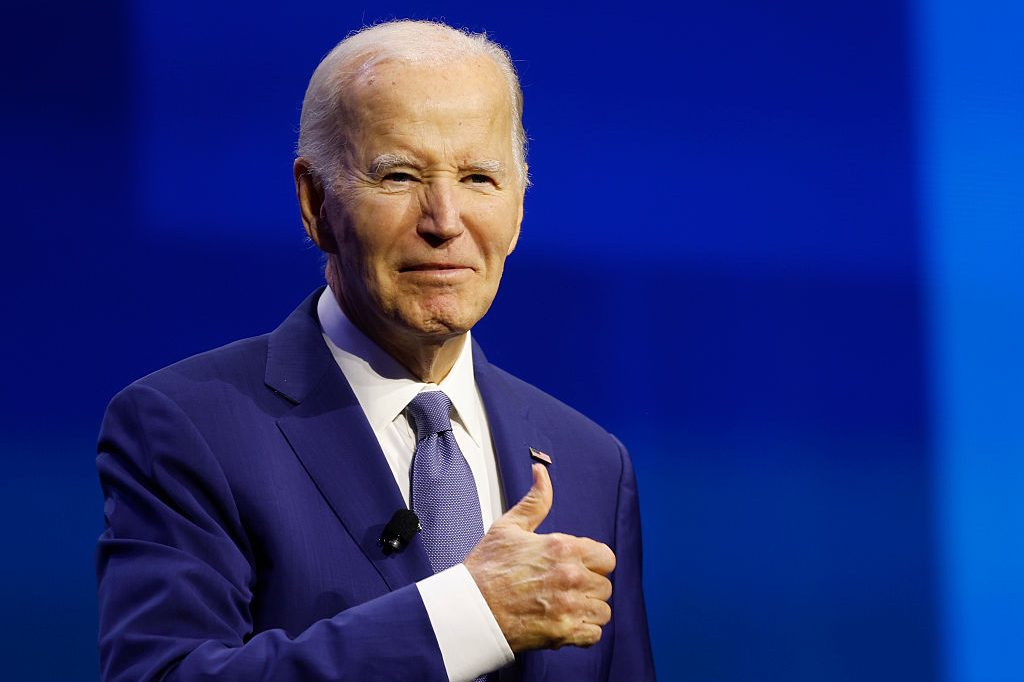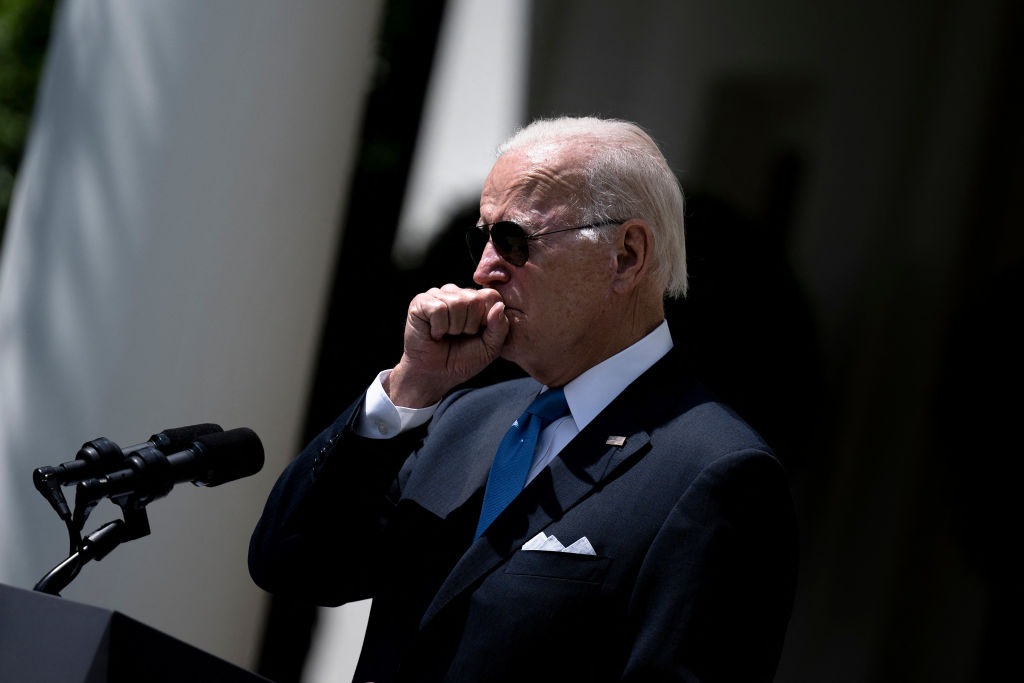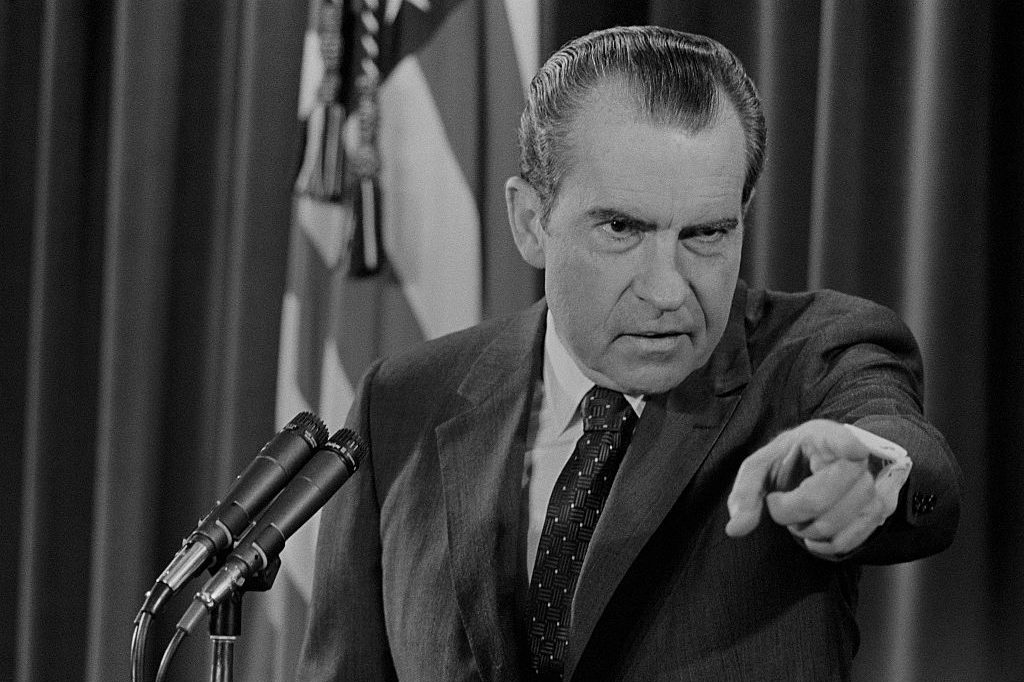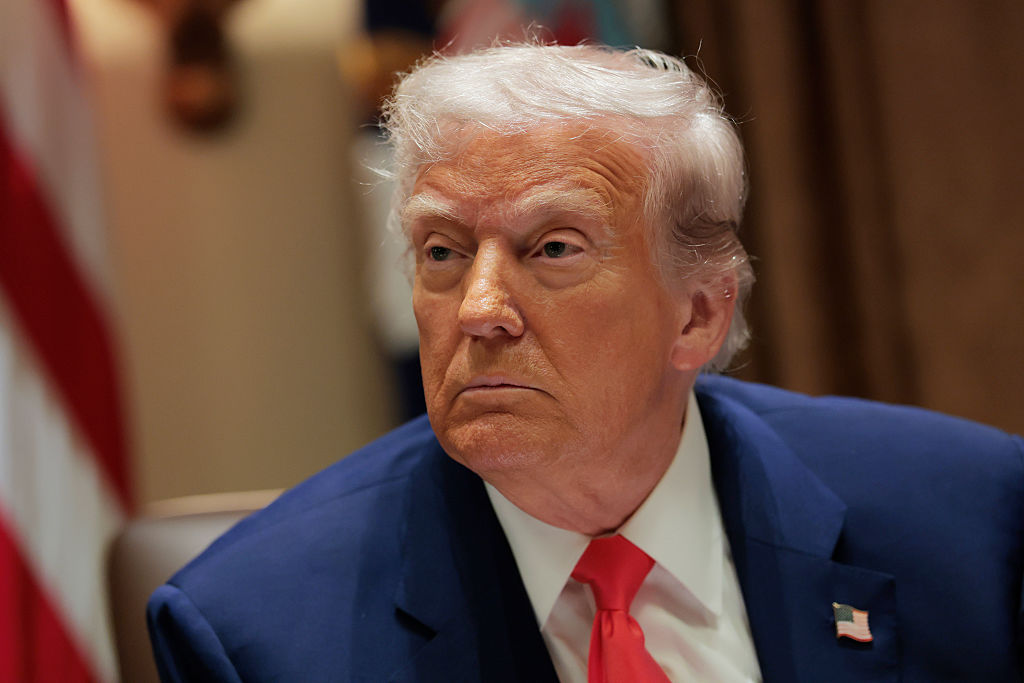The speed of the Taliban’s advance, culminating in Sunday’s capture of Kabul, has been widely put forward as proof that Joe Biden was wrong: that his decision to end the 20 year-old Afghan mission was a historic mistake that will blight his presidency. For all that, as he himself has said, he was the fourth president to preside over the war and he would not hand it over to a fifth, he could go down only as the president who lost Afghanistan.
Maybe. But is this really how the United States — and allied — flight from Afghanistan will be seen with the benefit of even a little hindsight? Much, of course, depends on what happens next. How much bloodshed accompanies the Taliban takeover. Whether and how they will impose Sharia law as they did before, what happens to women working and girls’ education, whether and how far they will take revenge on those who served the US-backed regime. It hardly needs to be said that their word, in pledging to do none of these things, is unlikely to be their bond.
It has also to be said that the practice, if not the principle, of the withdrawal has left the United States and the UK as its chief ally looking catastrophically ill-informed and poorly prepared. The plan was to withdraw troops and dismantle all the allied military installations in good time for 9/11, and that, so far as can be judged, is pretty much what happened. Bagram air base was vacated and locked up by in early July.
The speed with which projections over the Taliban’s advance on Kabul changed however suggests a lack of reliable information that will demand an exhaustive inquest. Despite a 20-year presence in Afghanistan, supported by a massive intelligence and logistical effort, what had been intended as a measured withdrawal became a humiliating Saigon-style flight. Whatever advice Biden received on this score appears to have been spectacularly wrong.
The rushed, and at times chaotic, nature of the departure however should not be used as a reason for rejecting the actual decision to withdraw. The two things are different. And the question here — that may be disputed for a long time to come — is whether it was Biden’s decision to withdraw that made the Afghan situation unwinnable, or whether, as Andrew Watkins of the International Crisis Group argues, ‘the withdrawal decision was made because in Biden’s assessment, the situation already was unwinnable’.
If it is the first, then it indeed suggests recklessness; if the second — it was the wiser, if more difficult, course.
We shall see which comes out on top. For the moment, however, the actual clash of opinion may be less significant than how it divides up. For the two views have coalesced into a sharp but telling division between elite and popular opinion, both in the United States, but to a far greater extent in the UK.
For weeks now, almost no voices have been heard on the UK airwaves or in much of the rest of what we now call the ‘mainstream media’ supporting withdrawal. We have heard the leading lights of the parliamentary Foreign Affairs Committee, a clutch of ex-servicemen turned politicians, the estimable Rory Stewart — whose first-hand knowledge of Afghanistan may be second to none — any number of members of the former top brass, and the UK defense secretary, Ben Wallace, himself, all saying in so many words that the President has made a terrible mistake.
The main reason for some is that withdrawal risks giving the impression that UK soldiers were killed and injured in vain. For others it has been a case of ‘just one more heave’ — a few more months, perhaps years, of military training, they maintain, and the Afghan army would have been in shape to take on the Taliban; alas, we left just that bit too soon.
For others, it has been about the fate of the Afghan people, especially the women and girls, who — we are told repeatedly — risk a horrendous fate as the Taliban reinstate mediaeval practices and laws. And for others it is about the UK’s good word; we have broken a promise to stay the course, we have betrayed the Afghan people, how hard will it be to find any allies again?
All these may be valid reasons — even if the Afghan army’s enthusiasm to fight may have been grievously overestimated by their trainers. But they are coming almost exclusively from one quarter: essentially from the elite. Listen to the vox pops, the phone-ins, read the below-the-line comments in the newspapers, and parts of social media, and you will get quite a different message.
This is, in summary, that the mission was always doomed. That no one, however technologically advanced or motivated, has even been able to bend the Afghan people to their will; that trying to remake Afghanistan as a democratic state on the Western model was a fool’s errand; that the UK should have left Afghanistan long ago, if it should ever have been there in the first place, and that, yes, the cost was too high: many deaths were in vain, and it is beyond time to leave. This message can also be heard from some military veterans and their families.
It is this message — above all the human cost to the United States and its allies — that President Biden has favoured each time he has spoken in defense of his decision. In his first address he asked Americans whether they would be prepared to send their son or daughter to fight, and each time he makes the same point a bit more starkly.
But this is not the message that is being communicated by most of the UK’s politicians, whose children, of course, are unlikely to serve in the armed forces or be sent to fight foreign wars. All we have been hearing is that ‘we’, the UK, have ‘betrayed the Afghan people’. All right, say many of those callers to phone-ins, but what about our own?
Yet again, it would seem, there is a gulf between the elite and the rest — a gulf that seems nigh invisible to the powers-that-be. It is similar to the gulf into which David Cameron fell over Brexit; similar, too, to the one that brought a million people into London’s streets in a vain effort to stop the war in Iraq. It is the sort of divide that Boris Johnson has generally been more adept than others at bridging — yet on Afghanistan he has seemed uncomfortably caught, as MPs lament the greatest humiliation since Suez. At the same time, however, he may hope that the fact of leaving Afghanistan will be more important, in the end, than the manner of leaving, at least from the voters’ perspective.
This article was originally published on The Spectator’s UK website.



